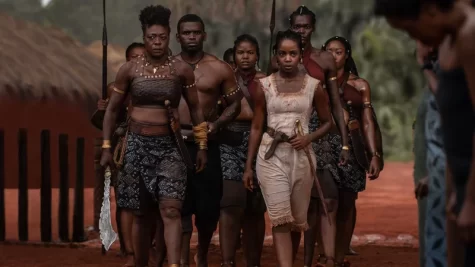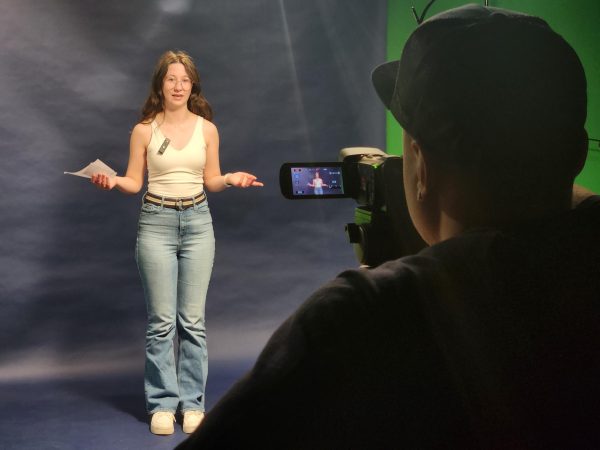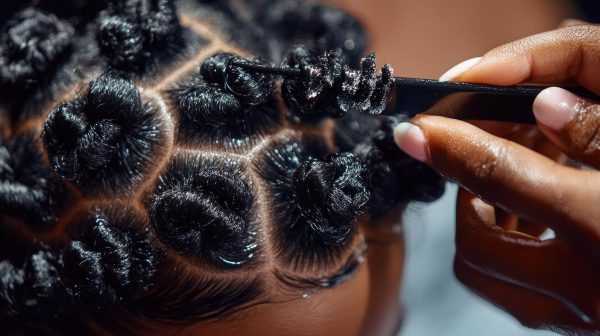The Woman King sheds more light on history
The Woman King is a movie that is allegedly based on real events, which could be an issue. The film, which featured well-known actress Viola Davis in the starring role, has elicited a range of responses both before and after it was released. While some reviews praise this Hollywood production for portraying Africa favorably, others claim it is a complete revision of history. The film explores Dahomey history and the life of Agojie, a female warrior. These women received special training to guard the Dahomean king and his realm. They took an oath of fealty and were referred to as the king’s wives. These ladies were primarily comprised of individuals who willingly joined the organization; some were abandoned by their families as a result of their obstinacy, as was the case with Nawi, a fiery young woman who was abandoned by her father after she refused to wed the suitor he had chosen for her. Some characteristics of the Agojie group include their chastity as the king’s brides and the grueling training they must through to demonstrate their strength and competence as a group.
This film aims to glorify black women and present Africa in a way that wasn’t previously seen in other African-themed films. This is evident throughout the film, and it was furthered by a white slave owner named Malik who declared that his knowledge of Africans was limited to the fact that they were slaves and not kings and queens. People claim that the movie turns the villains of this historical era into heroes because the kingdom of Dahomey participated in the slave trade. As people shared their opinions on this film and the trailer on Twitter, the hashtag “boycott woman king” became popular. One of the seemingly unimportant details that immediately caught my attention when I saw the movie was the more authentic portrayal of the African accent. This was crucial to the plot since it would be extremely disappointing if no effort was made to convey the accent. The fact that several of the cast members were of African heritage may have made it simpler for them to speak with a familiar accent.
Every actor who was cast in the film did a terrific job bringing their character to life and gave it their all. Izogie, who embodied her role as a big sister and the group’s “captain,” was a personal favorite. Despite the fact that this is a work of fiction, the fact that the movie highlighted a particular period and tribe in history and claimed to be based on real events was a concern that led to the backlash. A more realistic description would be “a movie inspired by historical periods,” as opposed to “a historical film.” People claim that the movie could have been entirely made up if it had used fictitious identities, similar to how the movie Black Panther, which was unexpectedly inspired by the same women fighting group, did. Anyone with a little understanding of history would recognize the concept of recognizing black women, which is nice, but the discussions around the film would encourage one to study more, as they did for me. I was unaware of these group of female warriors, but after viewing how the movie was received, I was compelled to learn more about this historical era.

Your donation will support the student journalists of Park University. Your contribution will allow us to cover our annual website hosting costs, freeing up other funds for equipment, printing and training.





